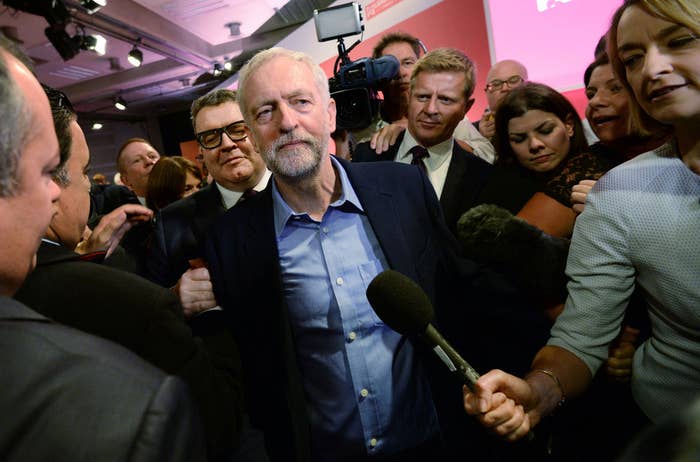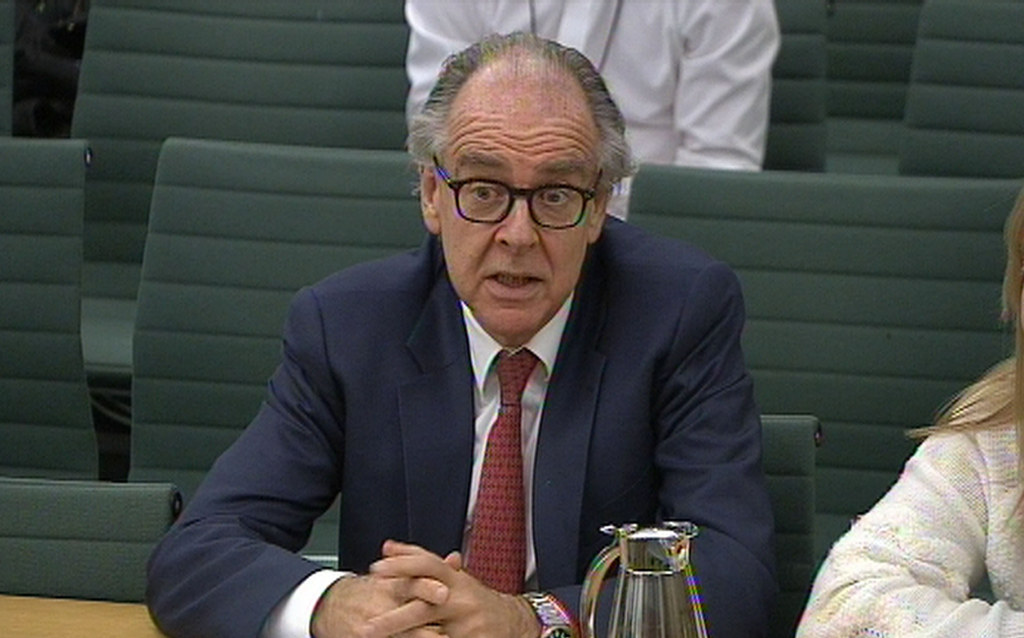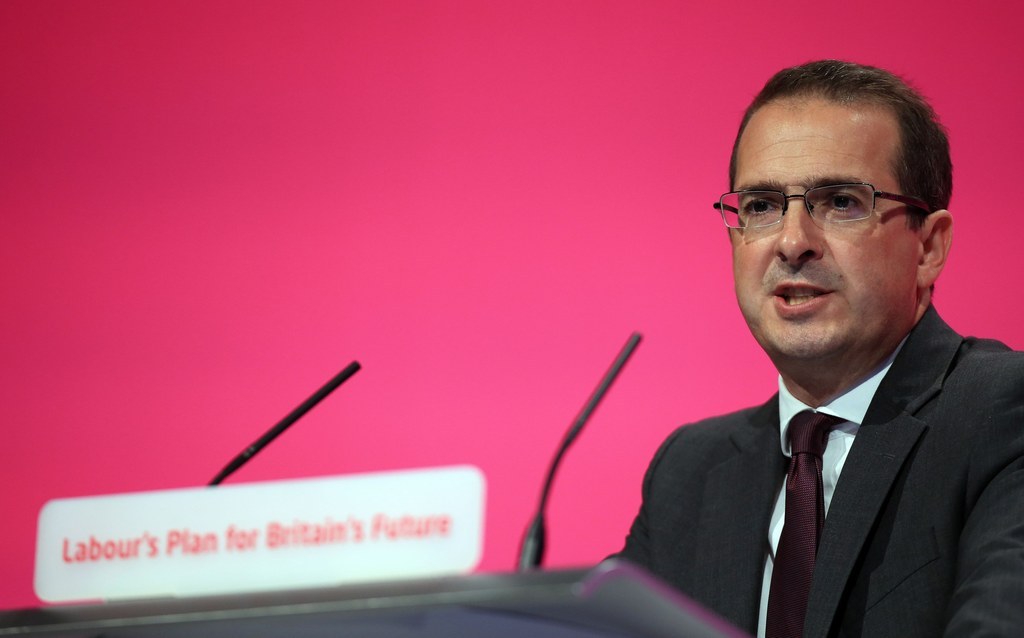The first few days of a party's new leader being announced are meant to be easy.

But it's not been so simple for Jeremy Corbyn, who was named Labour leader on Saturday with nearly 60% of the vote after a months-long process.
That sort of huge mandate would normally be enough to guarantee a leader the unswerving public loyalty of his team.
That, however, is old politics. In the "new politics" Corbyn's team say his victory has heralded, shadow ministers airing their policy disagreements with their leader has become a daily occurrence.
Here are five occasions when Labour frontbenchers contradicted Corbyn on policy this week. (NB: It's only Wednesday.)
Corbyn, a lifelong campaigner for nuclear disarmament, argued throughout his campaign that Britain's Trident weapons should not be renewed and that the money – projected at £5 billion – could be better spent elsewhere.
In the past he has also argued against Britain's membership of NATO, claiming that it increased military expenditure and "involved us [the UK] in countless conflicts."
Less than 24 hours after he was elected, however, his new deputy, Tom Watson told the BBC that both NATO and Trident had "kept the peace in the world" for 50 years. He added: "I aim to convince him [Corbyn] of the merits of NATO."
This required Corbyn ally Dianne Abbott to respond. On BBC Radio 4's World This Weekend, she said: "I can say with confidence Jeremy is not taking us out of NATO."
The EU has been a sticking point for Corbyn since he was named leader thanks to David Cameron's promise to hold a referendum on Britain's membership by 2017.
Corbyn, who voted for Britain to leave the European Economic Community (as it was then) when it was put to a referendum in 1975, is one of the few remaining Labour eurosceptics in parliament. In July, he said that he wouldn't "rule out" campaigning for Britain to leave the EU and said it was dependent on the renegotiations sought by the prime minister.
That position led one-time leadership contender and former shadow business secretary Chuka Umunna to announce that he could not serve in Corbyn's shadow cabinet. The new leader, Umunna said, would not commit Labour to campaigning to remain in the EU.
But Benn confidently announced live on air on Monday morning that Labour would campaign to stay in Europe "under all circumstances".
It is believed that if Cameron's renegotiated agreement watered down workers' rights, Corbyn might side with some trade unions who would campaign for Britain to leave.
But Benn said that leaving the EU would not help workers. He said: "The truth is that if we want to protect workers rights the answer is not to leave the EU, but to get rid of this Tory government."
3. On Tuesday, within 48 hours of being appointed, another shadow minister threatened to resign if Corbyn did not campaign to stay in the EU.

Speaking on BBC Radio's World at One, shadow justice minister Lord Falconer said: "If the Labour party adopts a position which says we might leave the EU and might argue against it, then of course my position would become impossible at that point. But that's not the current position."
He added: "My view is we should stay in the European Union come what may."
4. On Tuesday evening, the shadow work and pensions secretary directly contradicted Jeremy Corbyn's promise that Labour would abolish the benefits cap.

At the TUC conference on Tuesday, Corbyn went further than official Labour policy and said the party would campaign to "remove the whole idea of the benefit cap altogether".
He added that the cap, introduced by the coalition government, led to "social cleansing".
But hours after his speech, Corbyn's new work and pensions spokesperson, Owen Smith, told the BBC's Newsnight that Labour wanted to campaign to only reduce the cap, rather than opposite it entirely.
Smith said Labour planned "to oppose the welfare bill, which includes a reduction from £26,000 to £23,000 the benefit cap for individual households" and said the party was "in favour of limits on what individual families can draw down, because I don't think the country would support us saying we are in favour of unfettered spending".
5. Things took another turn for the worse this morning when the shadow equalities minister opposed Corbyn on two issues, saying Labour wanted only to reduce the benefit cap and that the leader should have sung the national anthem.

Following a service for Battle of Britain veterans on Tuesday, Corbyn was criticised for not singing the national anthem. His team said he was "respectfully silent", but many people said his silence was disrespectful to the UK's veterans.
And on Radio 4 this morning, Kate Green said Corbyn was wrong not to sing the anthem. "I think it would have been appropriate and right and respectful of people's feelings to have done so," she said.
Green added that Corbyn respects those who fought for Britain and singing the anthem was a way of showing that. "It will have offended and hurt people," she said. "Jeremy absolutely stands with and respects everybody who has fought, who has lost their life, been wounded, in fighting."
But Green didn't just oppose him on not singing the anthem – she also said that the party's policy on the benefits cap did not line up with his own.
She said: "The present policy position of the party, decided collectively by the party – and that's the way we make policy in the Labour party, Jeremy is very respectful of the collective approach – is that we accept the principle of the cap, but it is not currently before parliament to have a vote to remove it all together."
